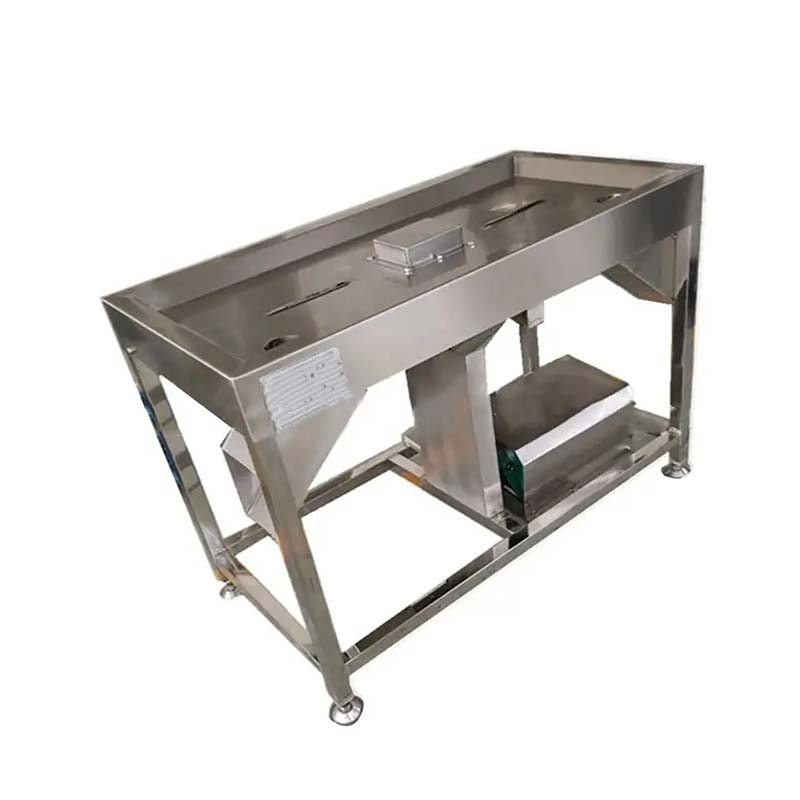cage for chicks
Oct . 13, 2024 05:40 Back to list
cage for chicks
The Importance of a Proper Cage for Chicks
Raising chicks can be a rewarding experience, whether you’re doing it for egg production, meat, or simply as a hobby. However, one of the most critical aspects of poultry farming is ensuring that your chicks have a suitable environment to grow and thrive. A good cage for chicks not only provides safety but also contributes significantly to their overall health and development.
When selecting a cage for your chicks, there are several factors to consider. The size of the cage is of utmost importance. Chicks need ample space to move around, explore, and exercise. Overcrowding can lead to stress and aggression, which can hinder their growth and immunity. A good rule of thumb is to allocate at least 0.5 to 1 square foot of space per chick. This ensures they have enough room to engage in natural behaviors such as pecking, scratching, and resting comfortably.
The design of the cage plays a crucial role in the chicks' safety and security. A sturdy construction will prevent predators from accessing the chicks and protect them from harsh weather conditions. Wire cages are a popular choice as they provide good ventilation, which is essential for maintaining a healthy environment. Additionally, the cage should have solid flooring to prevent foot injuries and to facilitate easy cleaning. Providing bedding material, such as straw or wood shavings, can help absorb moisture and keep the chicks comfortable.
cage for chicks

Temperature control is another critical factor when it comes to raising chicks. Newly hatched chicks are extremely sensitive to temperature changes. Ideally, the temperature in the cage should be maintained at around 90-95°F in the first week of life, gradually decreasing by 5°F each week. Using heat lamps or heat plates can help regulate the temperature, but it’s vital to monitor it closely to avoid overheating or chilling.
Moreover, accessibility to food and water is essential. The cage should have adequate feeding and watering stations that are easy for the chicks to reach. Automatic feeders and waterers can help ensure a constant supply, minimizing the risk of starvation or dehydration. It is also crucial to choose high-quality feed that meets the nutritional needs of growing chicks.
Social interaction is vital for chicks, as they are social animals that thrive in flocks. Keeping them in groups helps reduce stress and promotes normal behavioral patterns. However, when introducing new chicks, it's imperative to monitor their interactions to prevent bullying or pecking, which can occur in hierarchical social structures.
In conclusion, a well-designed cage for chicks is fundamental to successful poultry rearing. By providing enough space, ensuring safety, maintaining appropriate temperature, and facilitating social interaction, you set the stage for healthy and thriving chicks. As you embark on this rewarding journey, remember that the care and attention you dedicate to your chicks will yield happy and productive birds in return. Investing in a proper cage is an investment in their future and ultimately in your success as a poultry farmer.
-
Automatic Feeding Line System-Pan Feeder Nipple Drinker|Anping County Yize Metal Products Co., Ltd.
NewsJul.29,2025
-
Hot Sale 24 & 18 Door Rabbit Cages - Premium Breeding Solutions
NewsJul.25,2025
-
Automatic Feeding Line System Pan Feeder Nipple Drinker - Anping County Yize Metal Products Co., Ltd.
NewsJul.21,2025
-
Automatic Feeding Line System Pan Feeder Nipple Drinker - Anping County Yize Metal Products Co., Ltd.
NewsJul.21,2025
-
Automatic Feeding Line System - Anping Yize | Precision & Nipple
NewsJul.21,2025
-
Automatic Feeding Line System - Anping Yize | Precision & Nipple
NewsJul.21,2025






